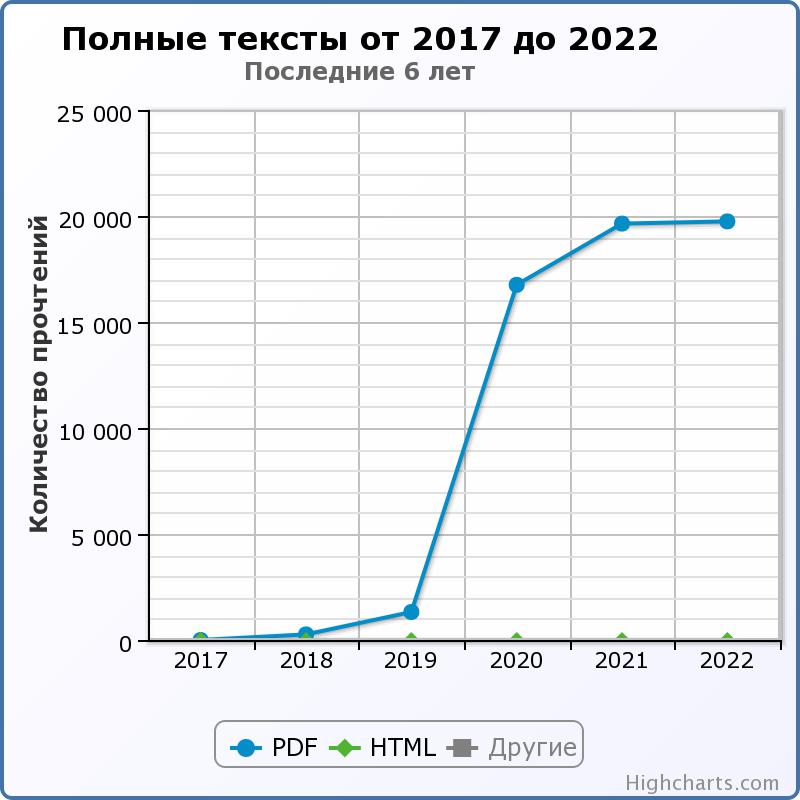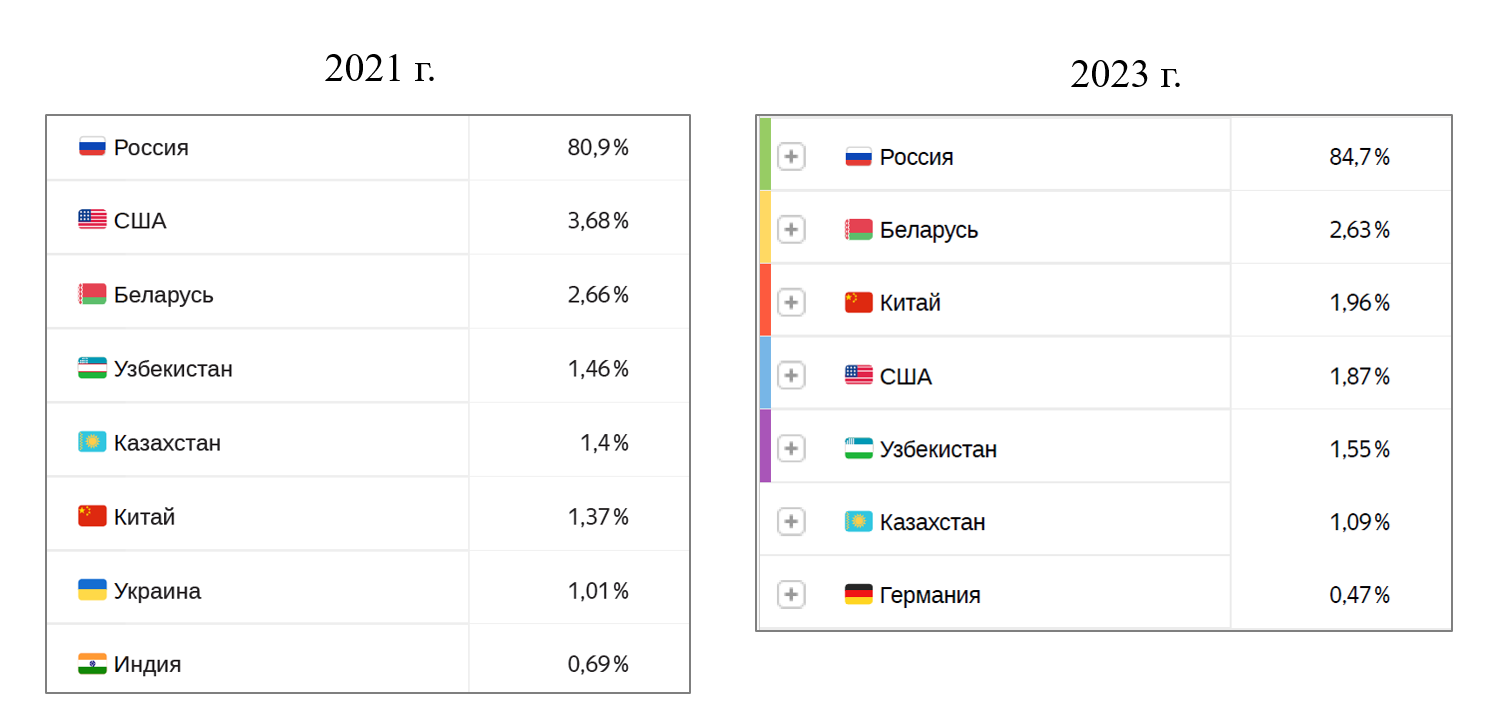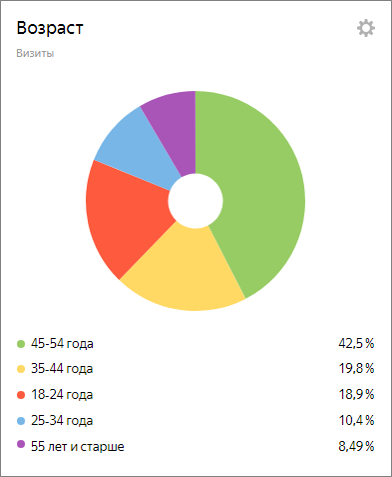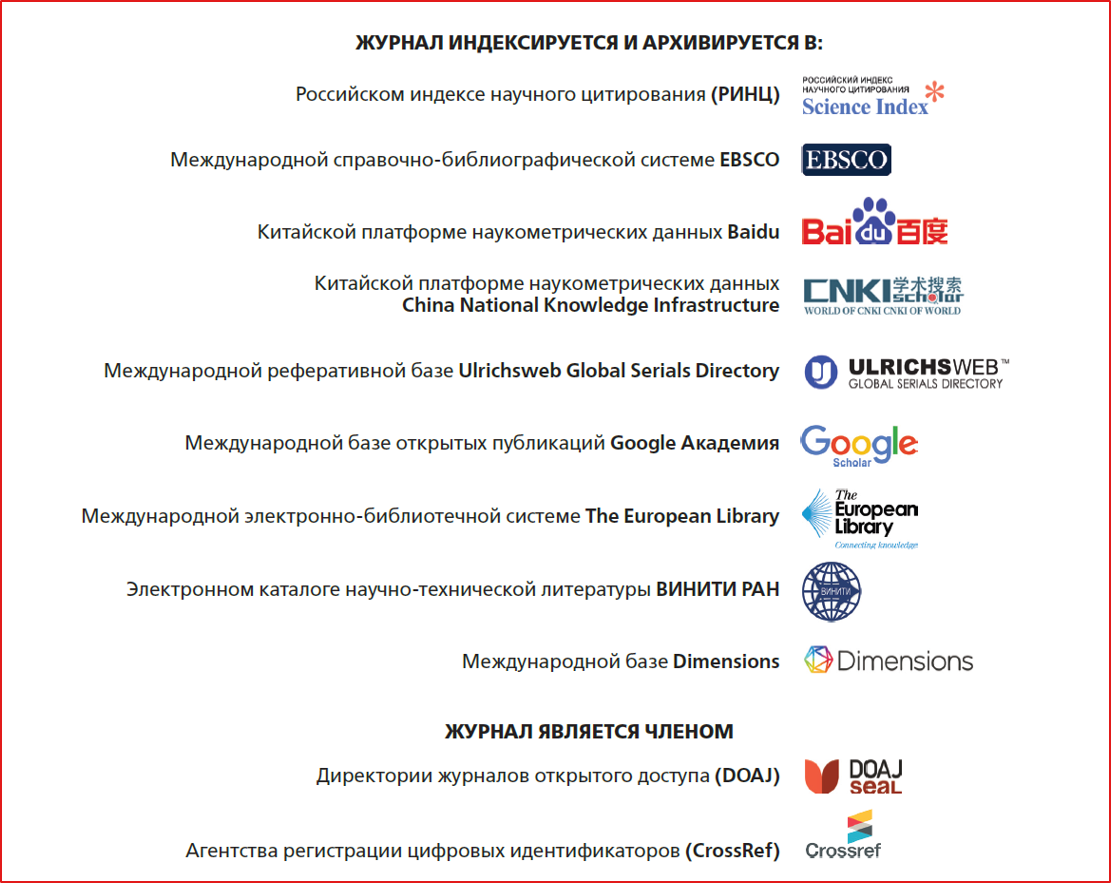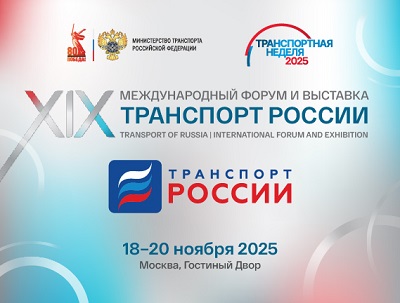This year, the editorial board of the journal has significantly grew. The editorial office managed to attract leading Russian and foreign scientists who have been actively publishing in the last 5 years as members of the editorial board, in particular: - Odile Abdurakhmanov, Rector of Tashkent State Transport University, Dr. Sci. (Econ.), Professor; - Abdulaziz Gulamov, Vice Rector for Academic Affairs of Tashkent State Transport University, Dr. Sci. (Eng.), Professor; - Said Shaumarov, Vice Rector for Research and Innovation of Tashkent State Transport University, Dr. Sci. (Eng.), Professor - Alexandr Shimanovsky, Head of the Department "Technical Physics and Theoretical Mechanics" of Belarusian State University of Transport, Dr. Sci. (Eng.), Professor; -Sergey Ovcharenko, Rector of the Omsk State Transport University, Dr. Sci. (Eng.), Associate Professor; -Vladimir Vereskun, Rector of the Rostov State Transport University, Dr. Sci. (Eng.), Professor; - Sergey Bessonenko, Head of the Department "Operational Work Management" of Siberian State University, Dr. Sci. (Eng.), Associate Professor. Scientific Secretary of Railway Research Institute, Doctor of Engineering Sciences Sergey Naumenko was also included in the editorial board of the journal by a unanimous decision. Such willingness to cooperate on the part of established scientists and managers brings great credibility to the Russian Railway Science journal, the scientific level of articles of which is constantly increasing. The number of readers is increasing, the ratings of downloads and views are growing. In 2020, free access to the database of articles was opened for all users, thus the number of downloads increased 76 times compared to the level of 2017.
Despite the fact that in 2017 there were six issues a year, and in 2022 there were only four, time showed that this decision was strategically correct. The decrease in the number of issues contributed to a more thorough selection of articles and improved the quality of their preparation for printing.
Considering geography, the share of readers by country has not changed significantly. There were more views in Germany and China, less in the USA and Ukraine.
In 2022, despite the sanctions, the journal entered prestigious international databases (including European ones): DOAJ Seal, China National Knowledge Infrastructure (CNKI), Baidu, DIMENSIONS, UNPAYWALL, BASE, JISC. Moreover, Russian Railway Science journal successfully withstood repeated changes in the List of the Higher Attestation Commission and entered the category K2.
Currently, the journal is published according to the requirements of the Higher Attestation Commission, Scopus and the idea of open science. In 2022, it was completely reformatted: the cover, the design of the internal block changed, a new English name of the journal was approved, the requirements for the scientific consistency of articles were increased, the mandatory presence of two external reviews was introduced. This significantly increased the authority of the journal and attracted many authors, allowed to expand the publication base of the editorial board and avoid accepting frankly weak works for publication. For the current year, 33% of all articles submitted to the editorial office were rejected for various reasons. In addition, reviews submitted by the authors at the same time as the manuscript are no longer accepted for consideration. Emphasis was placed on the new requirements of the Higher Attestation Commission for abstracts to articles, as well as on the structure of a scientific publication. First of all, the abstract should be structured, that is, have sections, reflect the text more fully, but not repeat it. The article should have a "Discussion" section. Samples of the abstract and discussion would be given in the “rules for authors” section on the website. A fundamentally new event in recent years has been the use of chatbots or other artificial intelligence-based programmes for writing scientific articles. This is not prohibited, but it should be of a limited nature and must be indicated by the author in the text of the article. The plans for the development of the journal in 2024 include: Inclusion of the journal in the leading scientometric databases, such as Scopus, INSPEC, Korean Journal Database. This direction mainly depends on the political situation; Attracting foreign authors of articles, creating a full-text English-language version of the journal (electronic) for this purpose; Providing free access to the journal in libraries: - Alisher Navoi National Library of Uzbekistan, - National Library of Belarus, - National Academic Library of Kazakhstan, - Alykul National Library of the Kyrgyz Republic; Inclusion of the journal in leading foreign libraries with the help of aggregators of periodicals; Attracting new members of the editorial board from Kazakhstan, Armenia, Azerbaijan, Mongolia, South Korea, China, India; Alexander Kosarev, First Deputy General Director, Editor-in-chief of the Russian Railway Science journal, Doctor of Engineering Sciences, expressed gratitude to the editorial staff for the systematic work on the systematic development of the journal, which provided the publication with high performance over 3.5 years of work of the new team. He also noted the tradition of the Scientific and Educational Complex staff to hold regular meetings of the editorial board of the journal. The opinion of the Editor-in-chief regarding the work of the editorial board of the journal was supported by the members of the board. |



